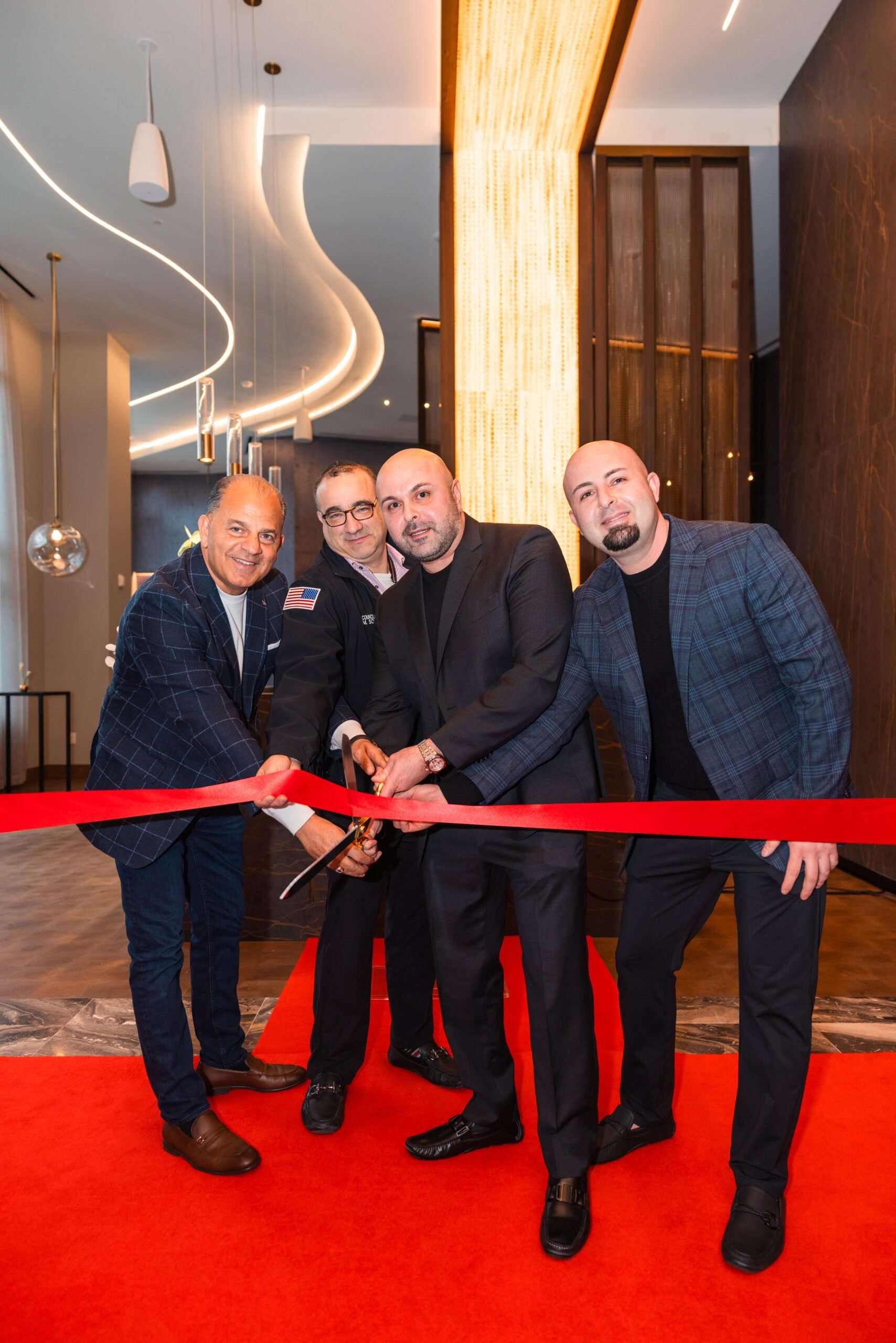Joe had just completed his fourth-year thesis in college, refuting the existence of God. Having received many accolades and awards for his veritable “proof” that no God exists, he walked into Yeshivas Aish HaTorah in Yerushalayim and challenged any of the rabbis to prove to him the existence of God. This was a very intimidating challenge, since this young man had researched all the theories and proofs for over four years. What could the rabbis say to him that he hadn’t heard or read already? Everyone agreed the man for the job was Rabbi Motty Berger, master debater and expert in defusing any preconceived notions about the non-existence of God.
Joe met with Rav Motty (as he is affectionately known) and immediately told the young man that he would not prove anything to him. Joe was shocked. “But all the rabbis directed me to you. They said you’re the master. How can you refuse to teach me?” “Tell me, Joe,” said Rav Motty, “say I had an absolute, 100 percent, irrefutable proof of God’s existence…would you listen to me?” “Of course,” the young man said. “I’m an honest, intelligent person. Why wouldn’t I?” Rav Motty looked at him deeply, “Joe, do you realize what it would mean? If I indeed prove to you that God is real, then you’ve wasted four years of your life. You would be denying all the honors you received for your thesis. Do you really, really want to believe the proof I will offer? Will you really listen to my proof? Please give this question serious thought; if you still want to speak with me in three weeks, come back and we can discuss this further.”
This story illustrates the opening point of Parshas Yisro—the parsha of kabbalas haTorah, the receiving of the Torah. The Torah says, “Vayishma Yisro,” Yisro heard. The Gemara brings an opinion that Yisro came into the picture after kabbalas haTorah. The Ramban asks: If Yisro came after Matan Torah, why does the Torah record his coming before it mentions Matan Torah, out of chronological order?
Rav Yerucham Levovitz explains that the Torah is teaching us a foundational concept: the prerequisite for receiving the Torah is the attribute of listening, as in “Vayishma.” Hence Rav Motty would not even try to start discussing the existence of God with Joe until Joe decided to be receptive.
The same quality is displayed with regard to Moshe. “Vayishma Moshe”—Moshe listened to Yisro’s advice. Moshe, the undisputed leader of klal Yisrael who, through Hashem, brought the makkos (plagues), led Bnei Yisrael out of Mitzrayim, split the Yam Suf (Red Sea) and brought the mon, is being given unsolicited advice from his father-in-law—a convert—on how to properly and effectively judge the Jewish nation. And still, “Vayishma Moshe,” Moshe listened!
We live in a culture of “live and let live”—mind your own business. When someone approaches us with suggestions or points out a mistake or error we made, our natural response is often defensive: Who are you to tell me what to do? Mind your own business!
Although we know we are not perfect and can improve, our ego puts up a roadblock to prevent us from actively listening to someone else. Moshe excelled in listening, since he was the humblest of all men. A humble person can learn from everyone, as Ben Zoma says, “Who is the wise man? He who learns from every man.”
The Gemara says that in the times of Moshiach, the state of humanity will have reached an unprecedented all-time low. In particular, “there will be no rebuke.” People will not bother to correct one another because people will not be open for correction and advice.
We can only start to learn, grow and come closer to Hashem if we are willing to acknowledge that others can teach us something. What could have been louder and clearer than the statements Hashem made with the makkos and the splitting of the sea? The whole world heard what happened…but only Yisro was receptive to the message. Vayishma Yisro, he listened and took heed and allowed the events to change him. The rest is history. May we all be receptive to positive change by “listening” to positive individuals, especially to rebbeim to whom we are close and can bring us closer to Hashem.
Rabbi Baruch Bodenheim is the associate rosh yeshiva of Passaic Torah Institute (PTI)/Yeshiva Ner Boruch, where he leads a multi-level Gemara-learning program. PTI has attracted adult Jews of all ages from all over northern New Jersey for its learning programs. Fees are not charged but any contributions are always welcome. Beyond PTI, Rabbi Bodenheim conducts a weekly beis midrash program with chavrusa learning in Livingston plus a monthly group in West Caldwell. Rabbi Bodenheim can be reached at [email protected]. For more info about PTI and its Torah classes, visit www.pti.shulcloud.com.











